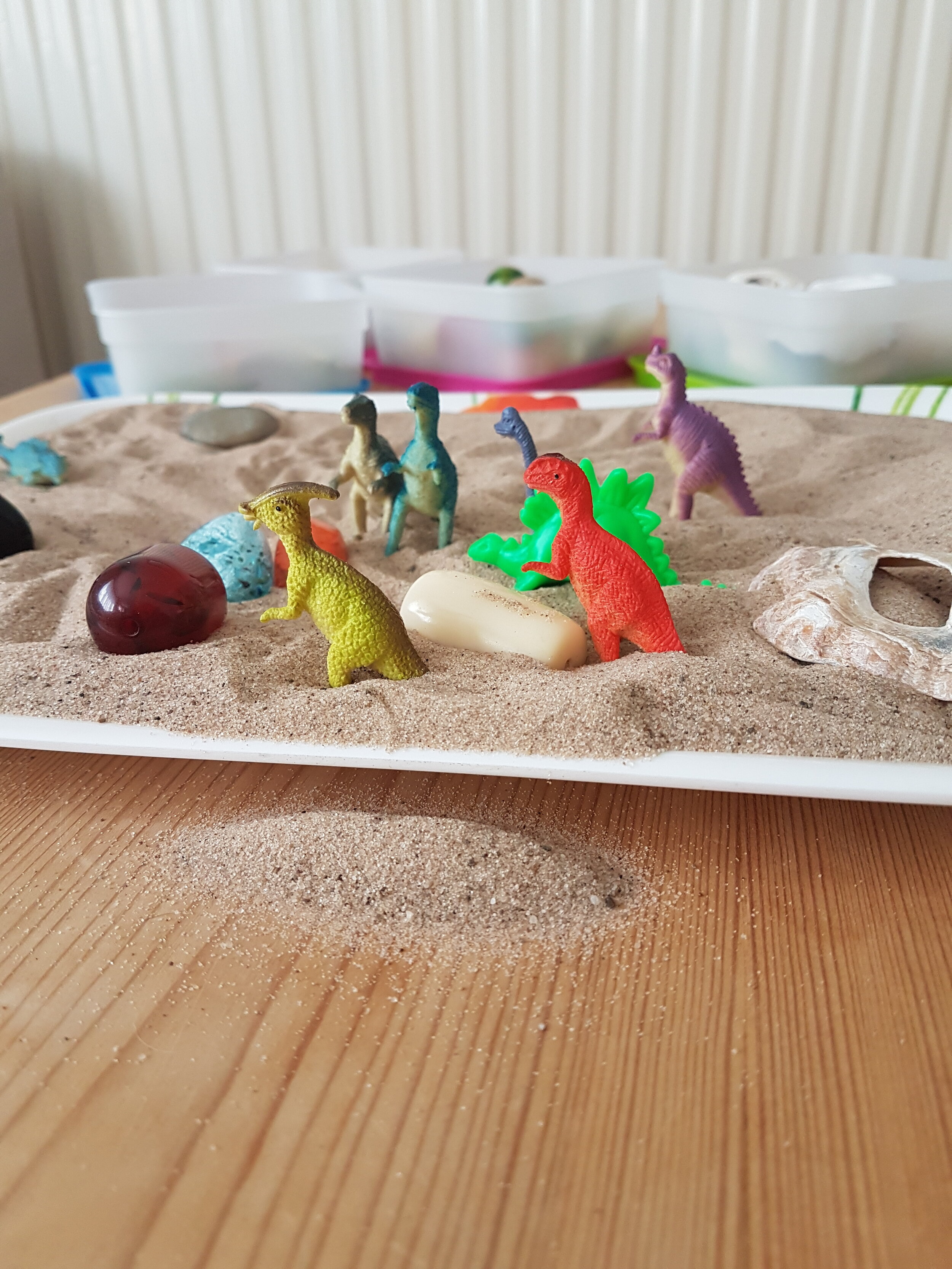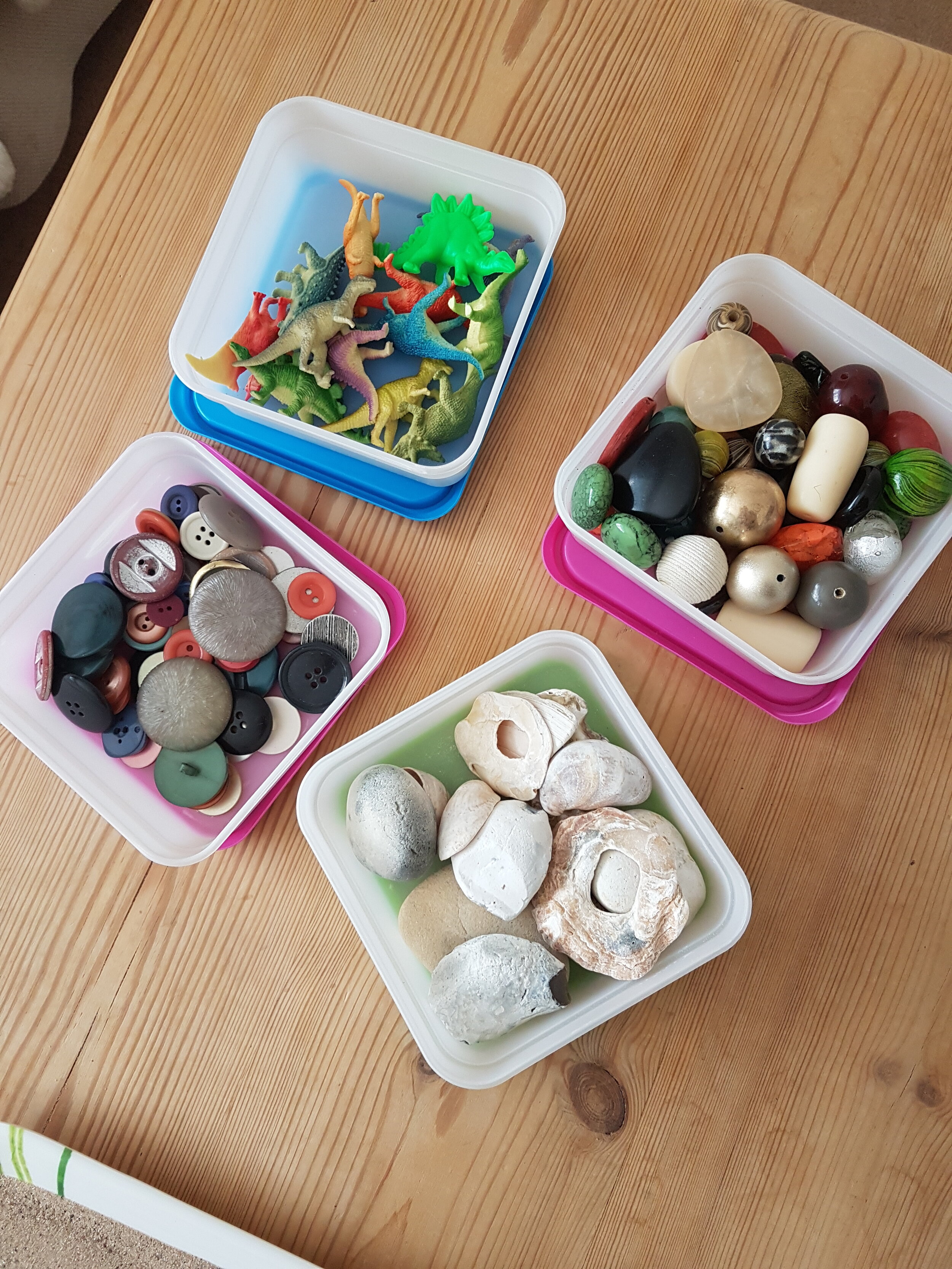Gestalt Therapy
What is Gestalt?
The German word Gestalt can be roughly translated into English as meaning, ‘whole’, ‘pattern’ or ‘form’. It relates to the concept that we may find greater meaning in ‘wholeness’ than in separate, broken down parts. Therefore, Gestalt counselling is holistic - practitioners bring together aspects of mind and body as well as emotional and spiritual elements. They believe we experience the world, everything in it, and relationships in a very unique way. Therefore, we work with clients in an individual way.
How do Gestalt counsellors work?
Gestalt Counsellors focus on the present - what is happening in the here and now. The idea behind this is that developing self-awareness of our feelings and thoughts, of how we behave and how we relate to others, can bring about personal growth and the ability to make changes. Gestalt counsellors work in a collaborative way, which means that clients are heavily involved in how they want to work and the outcomes they wish to achieve.
Gestalt counsellors sometimes work in a creative way - using metaphors, dream work or other creative methods like sand-tray, Russian dolls or art work. All of these methods may help to explore difficult feelings, make meaning of our experiences, or to work through what we know as ‘unfinished business’.
What can Gestalt therapy be used for?
Gestalt therapy can help with a wide range of issues, which may relate to anxiety, depression, life changes, self-esteem, stress, transitions, trauma and many more. This therapy provides a supportive space in which people can work through the issues which are causing them distress or holding them back. Significantly, it is also suitable for any age - from children to older adults, and can work either through long-term therapy or a more limited number of sessions.







